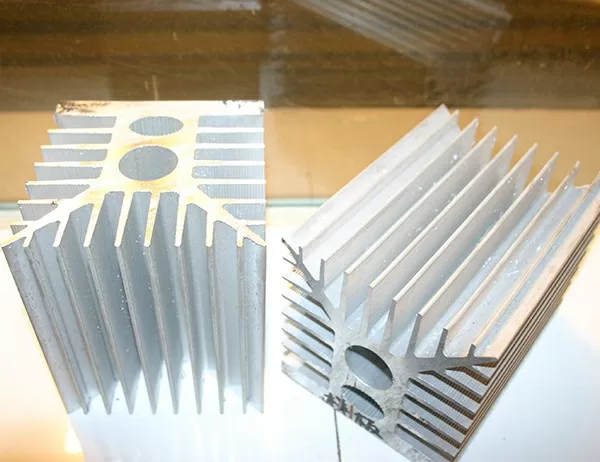Industrial Aluminum Profiles: Pillars of Sustainable Manufacturing
In an era of environmental consciousness, industries must embrace sustainable practices to mitigate their ecological footprint. Among the many materials that shape the manufacturing landscape, aluminum profiles stand out as a beacon of sustainability, offering a remarkable combination of strength, lightness, and versatility.
Lightweight and Durable: Reducing Environmental Impact
Aluminum profiles are renowned for their exceptional strength-to-weight ratio. This translates into reduced material consumption, resulting in lower emissions during production and transportation. Moreover, the durability of aluminum profiles ensures a long service life, minimizing the need for replacements and further environmental strain.
Recyclability: Embracing Circularity
Intrinsic to aluminum’s sustainability is its unparalleled recyclability. Unlike many materials, aluminum can be recycled indefinitely without compromising its properties. This closed-loop approach conserves natural resources and prevents the accumulation of waste in landfills. The ability of aluminum profiles to be melted down and reused significantly reduces the environmental impact of manufacturing.
Energy Efficiency: Conserving Resources
The production of aluminum profiles is notably energy-intensive. However, advancements in manufacturing techniques have dramatically reduced the energy consumption associated with this process. Lightweight aluminum structures require less energy to move, further contributing to overall efficiency throughout the manufacturing supply chain.
Sustainability Certifications: Recognizing Commitment
To ensure the integrity and credibility of their sustainable claims, manufacturers of aluminum profiles often seek independent certifications. These certifications, such as the Cradle to Cradle Products Innovation Institute’s Material Health Certificate, provide assurance that the materials meet environmental standards throughout their lifecycle.
Industrial aluminum profiles are indispensable allies in the quest for sustainable manufacturing practices. Their combination of strength, lightness, recyclability, energy efficiency, and sustainability certifications makes them a cornerstone of environmental stewardship in the manufacturing industry. By embracing the use of aluminum profiles, manufacturers can significantly reduce their ecological impact and contribute to a more sustainable future for generations to come.




